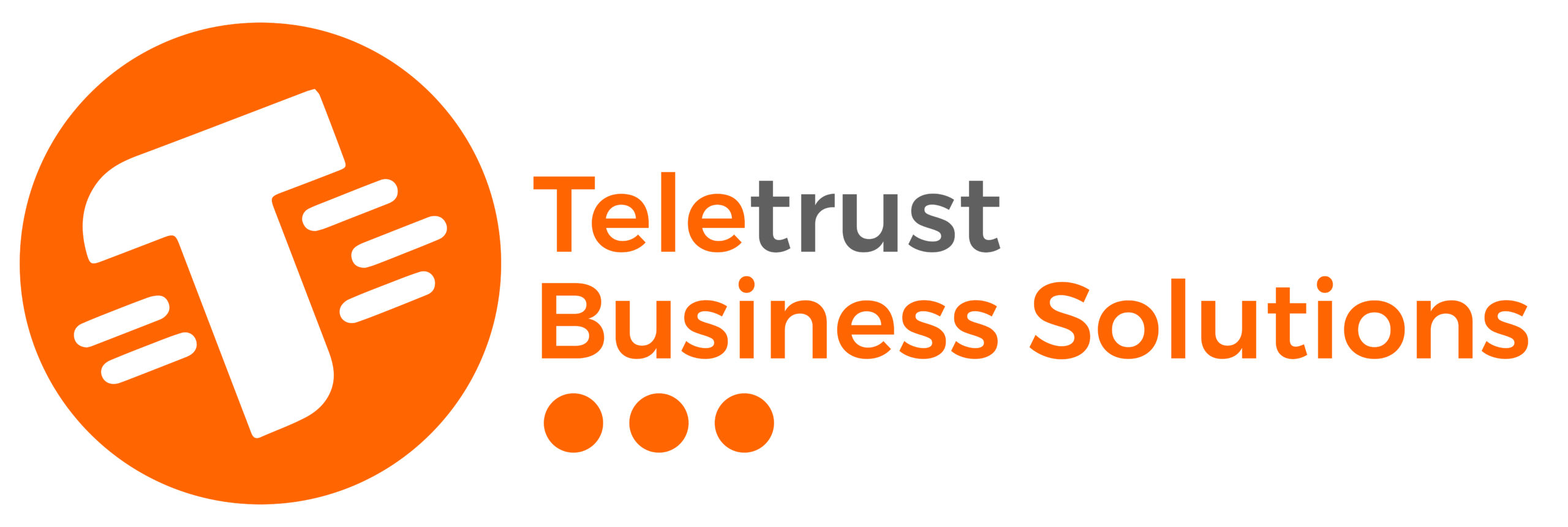The Future of Human Capital Management
In today’s fast-paced business landscape, organizations face numerous challenges when
managing their most valuable asset: their human capital. As businesses grow, managing employees
efficiently becomes crucial for sustained success. This is where a well-structured Human Capital
Management (HCM) system comes into play. An HCM system encompasses various tools and processes
that help organizations streamline their human resources operations, improve productivity, and drive
employee engagement. In this blog, we will explore the importance of implementing a well-structured
HCM system in your company and the benefits it brings.
- Comprehensive Employee Data Management
One of the primary functions of an HCM system is to centralize and manage employee data efficiently. Using an integrated system, HR professionals can easily access and update employee information, such as personal details, job history, performance evaluations, and training records. A well-structured HCM system eliminates the need for disparate spreadsheets or manual record-keeping, reducing errors and ensuring data accuracy. This saves time and enables HR teams to make informed decisions based on reliable, up-to-date information. - Streamlined HR
A well-designed HCM system automates and streamlines various HR processes, reducing administrative burdens and enabling HR teams to focus on strategic initiatives. Tasks such as payroll processing, leave management, and benefits administration can be handled efficiently through automation, freeing HR personnel from repetitive and time-consuming tasks. This improves efficiency, reduces errors, and allows HR professionals to dedicate more time to crucial aspects of talent management, such as recruitment, talent development, and succession planning. - Enhanced Talent Acquisition and Onboarding
An HCM system with robust applicant tracking and onboarding modules can significantly improve the talent acquisition process. By leveraging features like job posting, resume screening, and interview scheduling, organizations can attract top talent, streamline the hiring process, and make data-driven decisions when selecting candidates. An automated onboarding process also ensures a smooth transition for new hires, providing them with the necessary tools, training materials, and information to integrate into the company culture and become productive contributors quickly. - Performance Management and Employee Development
A well-structured HCM system enables organizations to establish a transparent and objective
performance management process. Managers can effectively assess employee performance through automated performance reviews, goal tracking, and feedback mechanisms. Performance data can be analyzed to identify skill gaps, training needs, and potential career growth opportunities. Byproviding personalized development plans and tracking progress, the HCM system empowers employees to enhance their skills and contribute to their fullest potential, increasing job
satisfaction and employee retention. - Employee Engagement and Self-Service
Engaged employees are more likely to be productive, loyal, and committed to their organization. An
HCM system equipped with self-service features provides employees access to their personal
information, benefits details, training materials, and performance feedback. This empowers employees, fostering a sense of ownership and accountability for their own professional development. Moreover, self-service capabilities allow employees to manage routine HR tasks independently, such as updating personal information, submitting leave requests, and accessing pay stubs, reducing dependency on HR personnel and promoting a culture of autonomy.
In today’s dynamic business environment, organizations in Ghana must recognize the critical role of
human capital in achieving their strategic objectives. Implementing a well-structured HCM system can
streamline HR processes, enhance talent acquisition and onboarding, improve performance
management, and boost employee engagement. By leveraging automation, data-driven insights, and
self-service capabilities, companies can effectively manage their workforce, maximize productivity, and
create a culture that attracts and retains top talent. Investing in a robust HCM system is no longer a
luxury but a necessity for organizations that aspire to thrive in the competitive marketplace of the
future.
Looking for a solution to your HCM systems? We are your answer!
At Teletrust, we are Your Trusted HCM Expert.








